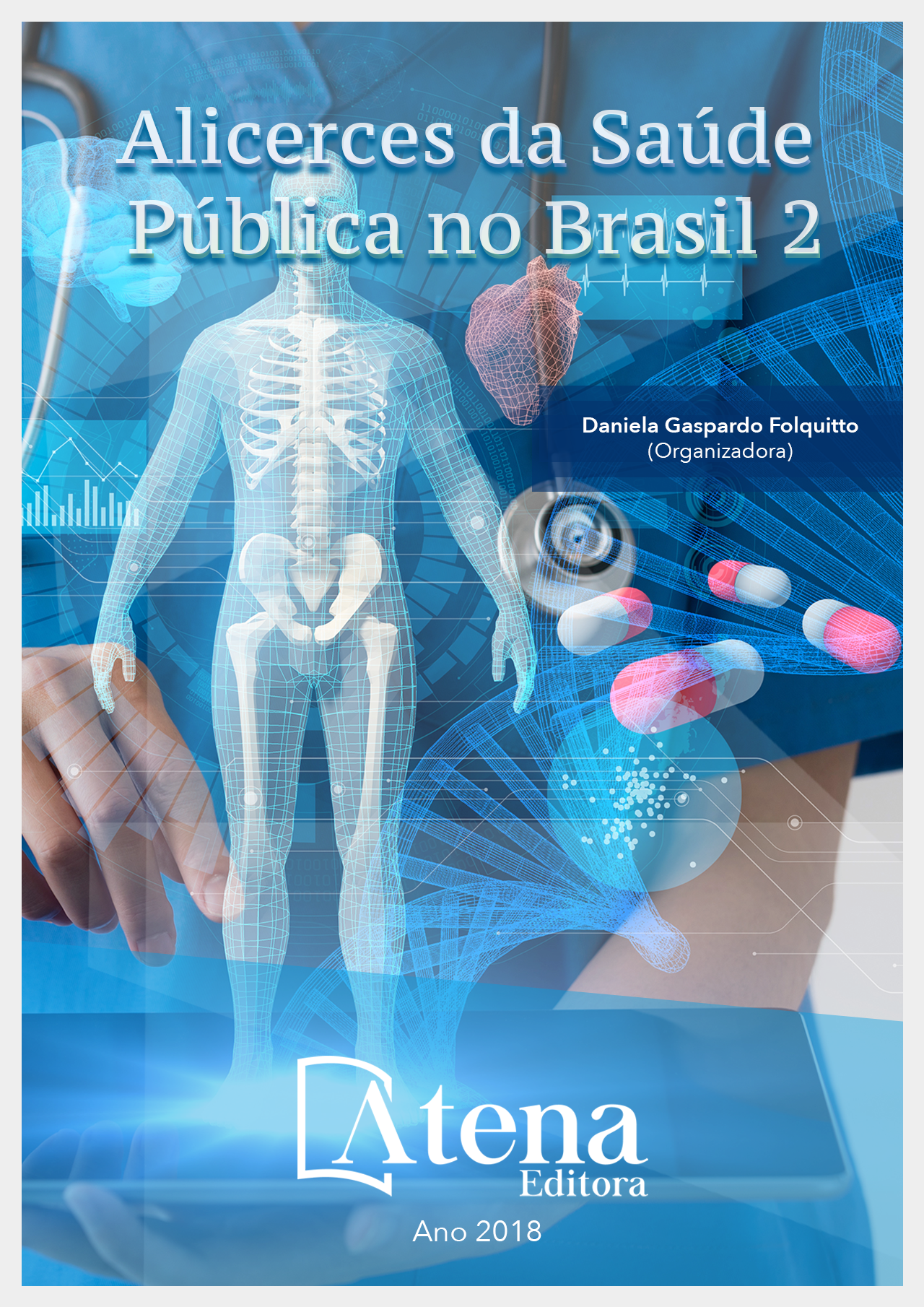
Gabapentina reverte parâmetros inflamatórios na colite ulcerativa induzida por ácido acético em camundongos
A Retocolite Ulcerativa (RCU)
é uma Doença Inflamatória Intestinal (DII)
caracterizada por um processo inflamatório
restrito à mucosa colônica, acometendo o
reto e cólon. Com isso, o uso da Gabapentina
(GBP), um fármaco utilizado nas áreas básicas
e clínicas e em modelos de inflamação geral,
mostra-se promissor no tratamento da RCU.
Assim, o uso do Ácido Acético (AA) para
a experimentação de terapias é eficiente,
reproduzindo características da RCU no
animal. Assim, objetivou-se avaliar a ação da
GBP na redução dos aspectos inflamatórios
durante a colite induzida por AA. O grupo
tratado com a GBP (1,0 mg/kg) apresentou
diminuição significativa da macroscopia (4,00 ±
1,09) em relação ao grupo AA (17,60 ± 1,60),
corroborando com outro estudo que utilizou
a vinpocentina, demonstrando uma redução
dos escores macroscópicos no cólon dos
animais. Houve uma redução do peso úmido
no grupo tratado com a GBP (0,215 ± 0,009)
quando comparados ao grupo AA (0,38 ± 0,02),
corroborando com outros estudos, no que se
refere ao peso úmido do cólon dos animais
submetidos à colite, porém com concentrações
de ácido acético menores: 3% e 4%. Quanto aos
parâmetros histológicos, os animais do grupo
AA apresentaram um aumento significativo
11 (9-11) em relação ao grupo tratado com a
GBP 0 (0-3), corroborando com outro estudo,
no qual a substância α-gustducina foi capaz de
reverter os danos histológicos na colite induzida por Sulfato de Dextrano Sódico. A GBP demonstrou efeito anti-inflamatório na colite
induzida por AA, pois foi capaz de reduzir os parâmetros inflamatórios analisados.
Gabapentina reverte parâmetros inflamatórios na colite ulcerativa induzida por ácido acético em camundongos
-
DOI: Atena
-
Palavras-chave: DII; Gabapentina; Inflamação; Retocolite Ulcerativa.
-
Keywords: DII; Gabapentin; Inflammation; Ulcerative colitis.
-
Abstract:
Ulcerative Colitis is an Inflammatory Bowel Disease (IBD) characterized
by an inflammatory process restricted to the colonic mucosa, affecting the rectum and
colon. Therefore, the use of Gabapentin (GBP), a drug used in basic and clinical areas
and in models of general inflammation, is promising in the treatment of RCU. Thus, the
use of acetic acid (AA) for the experimentation of therapies is efficient as it reproduces
experimentally the RCU. Based on these observations, the presente work aimed to
evaluate the action of GBP in reducing inflammatory aspects during AA-induced colitis.
The group treated with GBP (1.0 mg / kg) showed a significant decrease in macroscopic
scores (4.00 ± 1.09) compared to the AA group (17.60 ± 1.60), corroborating with another
study that used vinpocentine, demonstrating a reduction of the macroscopic scores in
the colon of the animals. Moreover, the GBP (0.215 ± 0.009) reduced the wet weight
when compare this group with AA group (0.38 ± 0.02), corroborating with other studies,
regarding the colonic wet weight of the animals submitted to colitis, but with acetic
acid concentrations lower: 3% and 4%. Regarding the histological parameters, the
animals of the AA group presented a significant increase (9-11) in relation to the group
treated with the GBP 0 (0-3), corroborating with another study in which the substance
α-gustducin was able to reverse the histological damage in colitis induced by Sodium
Dextran Sulfate. Thus, in according with our results, we can infer that GBP has an antiinflammatory effect on AA-induced colitis, as it was able to reduce the inflammatory
parameters on the inflamed colon.
-
Número de páginas: 15
- José Victor do Nascimento Lima


